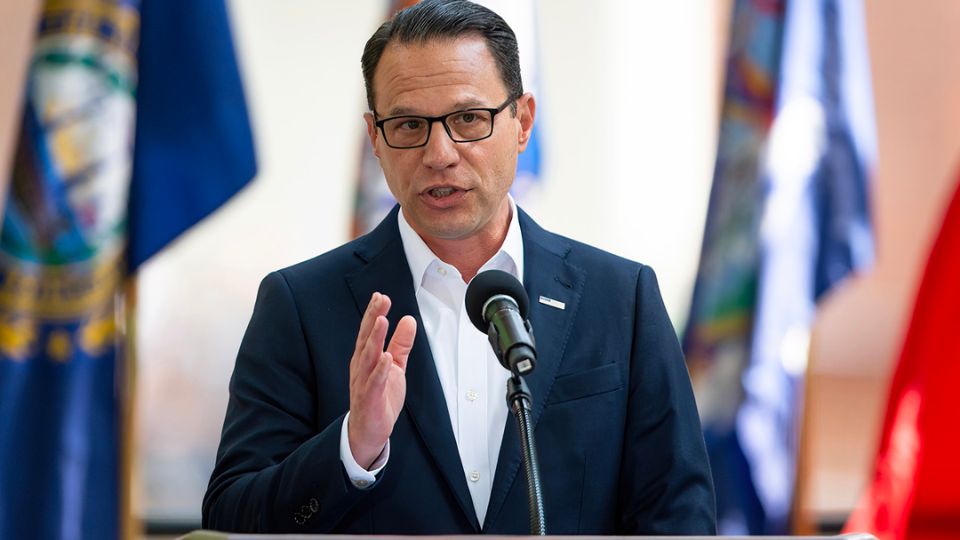Another great year for AI was promised for 2024, and it looks like that promise is still being kept a little more than two weeks into the new year. Last week, the leaders of Maryland, New Jersey, New York, and Pennsylvania all announced big plans to use AI.
In her State of the State address, New York Gov. Kathy Hochul promised to make the Empire State a “national leader in AI research and innovation.” To do this, she announced a consortium to support AI research and innovation, as well as policy guidelines for agencies that want to use AI solutions.
In his State of the State address, Gov. Phil Murphy of New Jersey also promised “to lead the way globally in AI.” Murphy said that his “AI Moonshot” plan would “explore the furthest reaches of science in our time.” He was referring to President John F. Kennedy’s promise to put a man on the moon by the end of the 1960s.
Murphy said that the goal is for “our state’s top minds to pioneer a series of AI-powered breakthroughs over the next decade that will change the lives of billions for the better.” More information has not been released yet. In addition to making it easier to find new drugs and medical treatments, this could also mean creating new teaching tools that can help students learn to read and do math better.
Murphy set up an AI task force in October to make suggestions for what should be done, and in November he made a new policy to encourage state workers to use generative AI responsibly. Murphy said in his speech that “the future of generative AI has yet to be written… New Jersey can be the author,” referring to people’s worries about the technology and its possible bad effects.
A lot of states are taking steps toward this kind of spending, and New York and New Jersey are now following suit. Last week, Gov. Josh Shapiro announced the first-ever pilot program for government workers to use the generative AI tool ChatGPT in the course of their work. This comes after the government signed an enterprise deal with OpenAI, the tool’s parent company.
Also Read: Billionaire Backers Release Map and Details for Development of New California City
At first, only people who work in the Office of Administration will be able to use the ChatGPT pilot. These people can use the tool to do things like write and edit copy, update policy language, write job descriptions, fix any confusing or redundant guidance in employee policy, or help make code.
Employees will be told when it’s best to use ChatGPT and will be able to give feedback during the test to help shape how it’s used in the future and to show what problems it has. After getting that feedback, 100 more licenses to use ChatGPT will be given to employees outside of the Office of Administration for shorter amounts of time.
There are more protection, privacy, and management tools in the enterprise version of ChatGPT than in the consumer version. No feedback or data from the commonwealth will be used to train it or any other OpenAI products in the future, and workers are not allowed to use any private data when they use the tool.
“This pilot program is part of our commitment to embrace generative AI in a way that helps our employees do their best,” said Amaya Capellán, the chief information officer for the state of Pennsylvania.
Maryland is also interested in AI. Last week, Gov. Wes Moore signed an executive order telling state agencies how to use it responsibly. This is one of many steps the government is taking to become more digital.
Moore’s executive order set up an AI subcabinet, which is made up of different state leaders and is led by the state’s secretary of IT. To do this, the subcabinet needs to make an AI action plan, teach state workers about AI, find use cases, and suggest ways that it could affect the state’s economy, workforce, and security.



Leave a Reply